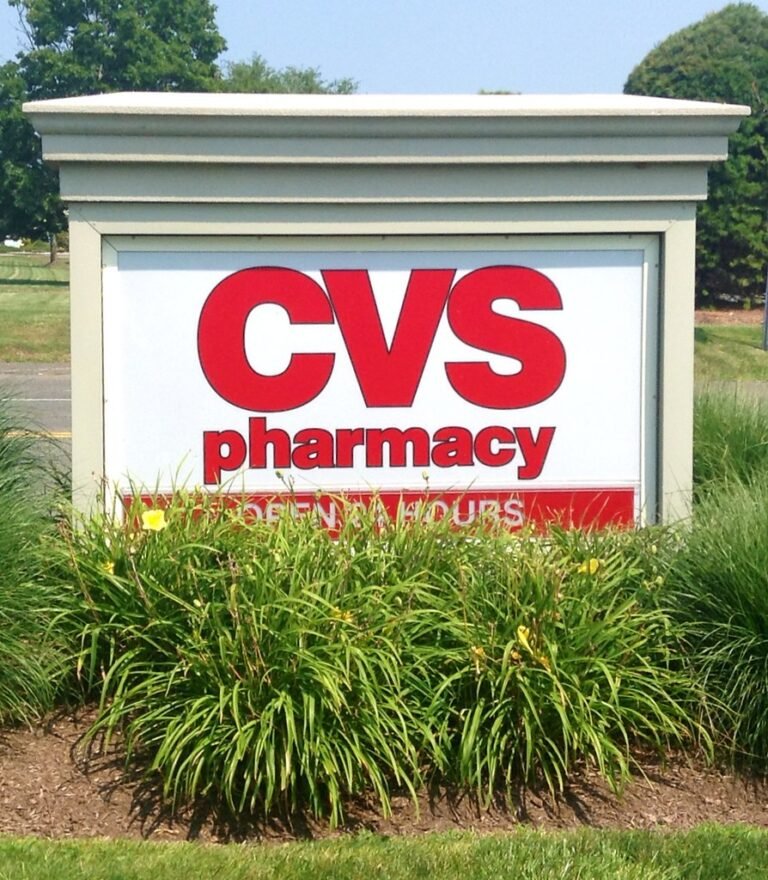Shrinking Your number, I still The Boston Globe A Haitian delivery guy from Dorchester delivers it to my house every morning. I know it’s cheaper, easier and more environmentally friendly to order online. My kids still tease me about it. It’s sentimental to me. Growing up in Waltham, I used to get it delivered to my house in the afternoon. Gloves Six days a week, from ages 7 to 14. My wife still loves to read the real paper, and sometimes I miss something important by not looking at the print version. That happened last Sunday.
Three articles made the front page.
“Steward Calls for Early Closures,” by Aaron Pressman et al., reports that Steward Health Care wants to close Nashoba Valley Medical Center in Ayer and Carney Hospital in Dorchester on Aug. 31, about three months earlier than required by the Massachusetts Department of Public Health.
Drugstore Deserts, by Diti Kohli and colleagues, details how “pharmacies are disappearing rapidly in poor areas, making it even harder for already vulnerable people to get the medications they need.” This is happening not only in low-income neighborhoods in Roxbury, East Boston, and Dorchester, but also in underserved rural areas across the state and the nation.
“How UnitedHealth’s Healthcare Assembly Line Maximizes Profits,” by STAT’s Bob Herman et al., describes how United, through its medical operations division called Optum, has acquired national physician networks that account for 10 percent of the nation’s doctors in pursuit of huge profits. Their approach is to pressure doctors and nurses to see as many patients as possible, ignoring patients’ needs, thereby reducing patient access.
What do these three front-page stories have in common? They all concern the growing dominance of greedy for-profit health care across the nation, and of course in Massachusetts. While much of the state’s health care system remains staunchly nonprofit, the signs of for-profit encroachment are slow, quiet, and ubiquitous.
United/Optum expanded into Massachusetts in 2018 with the acquisition of Worcester-area Reliant Medical Group. In 2022, it bought 700-physician Atrius Health (formerly Harvard Vanguard Medical Associates and, before that, Harvard Community Health Plan) for $236 million. Both acquisitions required approval from then-Attorney General Maura Healey, who got the go-ahead with the backing of employed physicians.
The former Catholic “Caritas Christi” hospital system became Steward Healthcare, a for-profit corporation acquired by private equity giant Cerberus (the Greek “dogs of the underworld”) in 2010. Then-Attorney General Martha Coakley, with the support of doctors and employees, approved the deal without a viable alternative. After state oversight ended in 2015, Steward sold the properties, buildings and land to a real estate investment trust (REIT), paying off Cerberus and enriching its boss, Ralph de la Torre, while saddled the hospital with rent obligations it had never before endured, setting the stage for today’s collapse.
As a state representative in Boston in the 1980s and 1990s, I watched as local pharmacies in Egleston Square, Roslindale Square and Centre Street in Jamaica Plain gave up and closed shop in the face of fierce competition from CVS and Walgreens, which have now abandoned many of their branches and contracts. Today, CVS derives most of its profits from a so-called pharmacy benefit manager, CVS Caremark, which The New York Times reported in June was using its market power to drive independent competitors out of business.
For reference, in 2023, UnitedHealth Group CEO Andrew Whitty received $23.3 million in compensation, but the company’s profits were $22.4 billion. CVS Health CEO Karen Lynch received $21.6 million, but the company’s profits were $8.3 billion. Steward’s Chairman and CEO, de la Torre, received $5.2 million in compensation. Steward’s profits… that’s another story!
While experts disagree on whether profits for shareholders should be the sole purpose of a public company, there’s no denying that most CEOs of for-profit companies believe it is. They look in the mirror every morning and ask themselves, “What can I do today to increase profits for shareholders?” And as they think this, they’re also thinking about themselves, because on average, 80 percent of CEO compensation is in stock options. And because of the way these profits are calculated, the actual returns are much larger.
I remember back in the 1980s, when the nation and the state of Massachusetts first had a serious debate about the merits and demerits of for-profit health care. In 1980, the late Dr. Arnold Relman New England Journal of Medicinewarned of the growth of a new “medical-industrial complex” that puts shareholder profits above the health of patients. It’s here and it’s growing.
The Massachusetts Senate and House of Representatives are currently considering bills that would implement health care reform in the state. While many of these provisions are important and deserve far more attention than anyone is paying, our health care system also needs a new “Statement of Purpose.” As state policy, for-profit ownership of health care delivery should be curbed and further expansion prevented. We need to reclaim the heart and soul of our health care system and protect it from the rapacious attacks of corporate America before it is lost forever.
John McDonough is Professor of Public Health Practice at the Harvard T.H. Chan School of Public Health.


